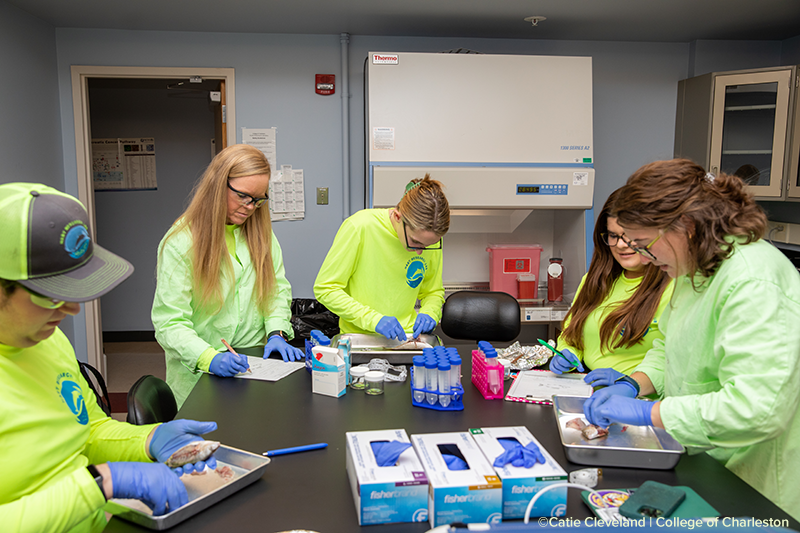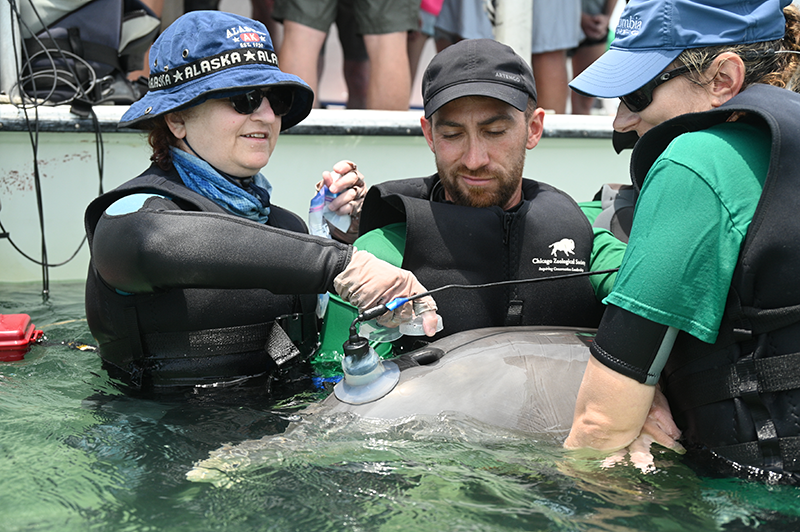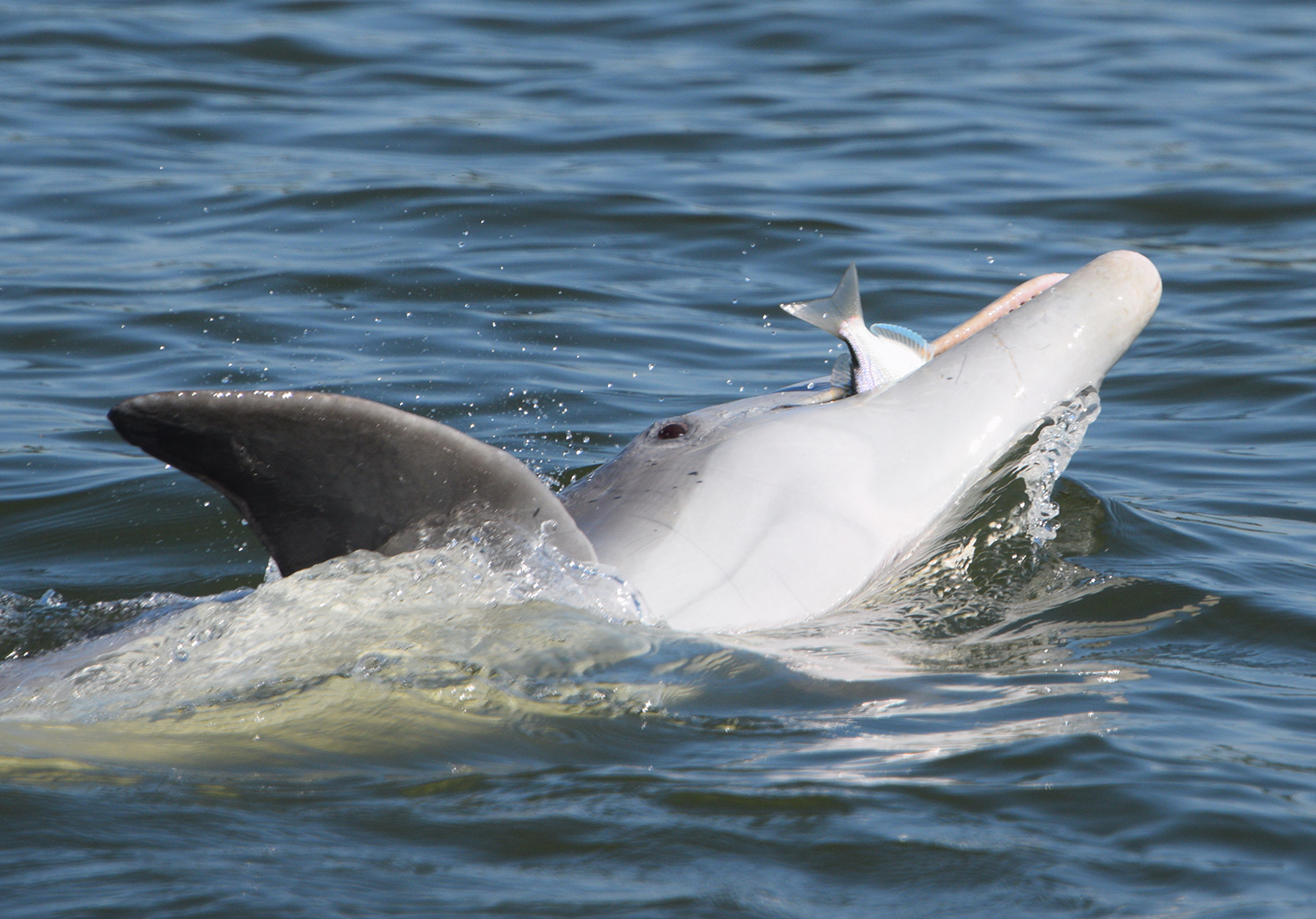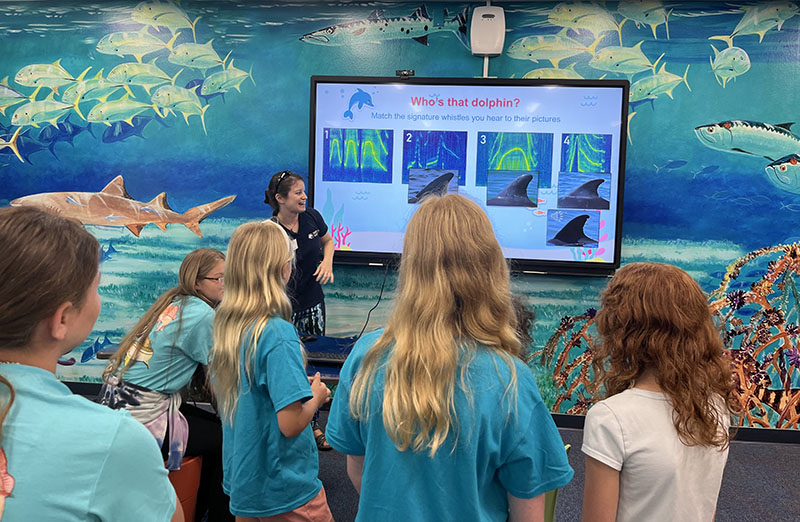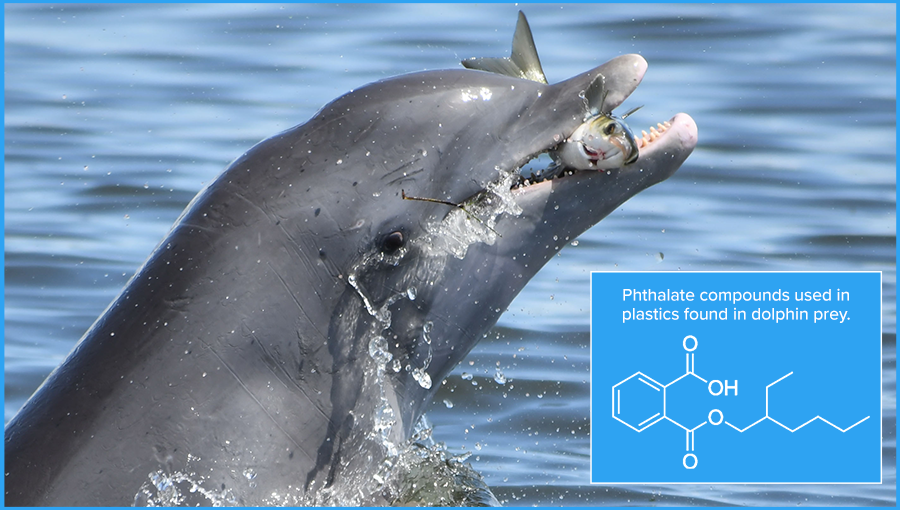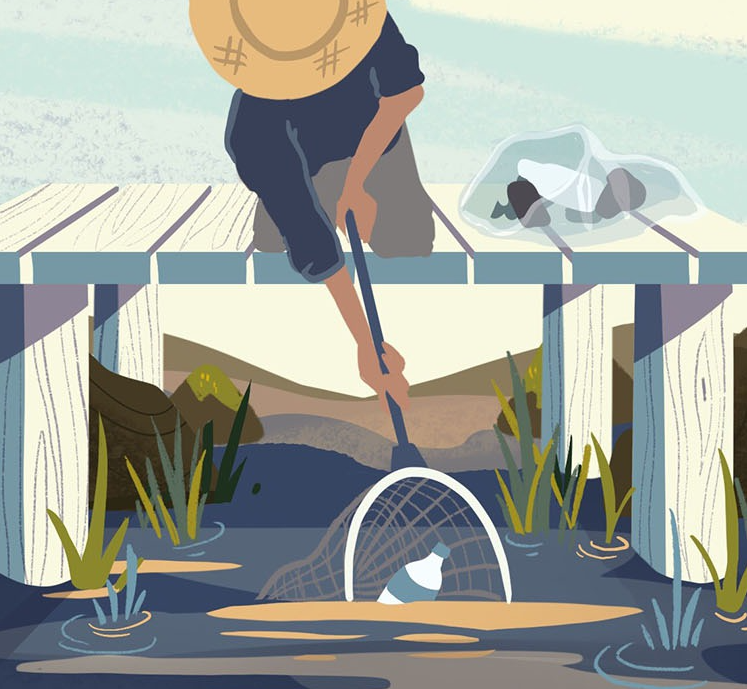These posts are about plastics and plastics exposures in dolphins and their prey.
Ftalatos y Delfines
Nadine Slimak2025-02-17T14:21:38+00:00¿Los cambios en los patrones climáticos expondrán a los delfines a más sustancias químicas? Un estudio en la bahía de Sarasota, Florida, tiene como objetivo comprender si el exceso de lluvias y las mareas rojas afectan la concentración de contaminantes químicos en los delfines. Desde 2016, el College of




